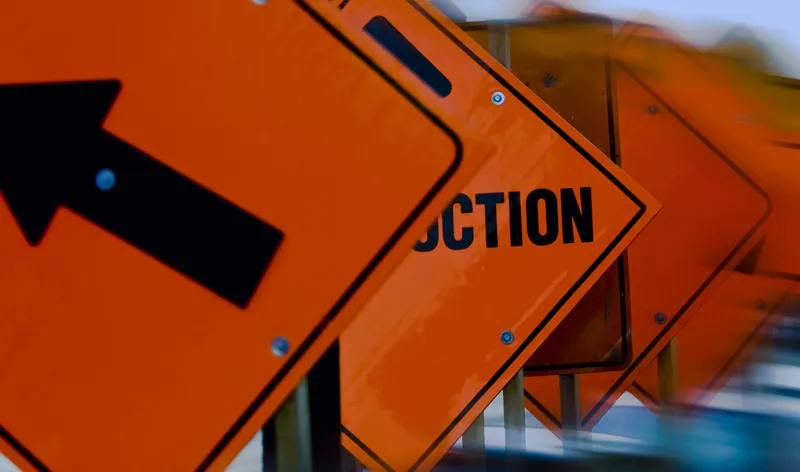
Tomorrow - Friday 15 April - will see a Moment of Silence in memory of all the people whose lives were lost in a workzone incident in the US.
The mark of respect and reflection is a new addition to this year's National Work Zone Awareness Week (NWZAW), organised by the Federal Highway Administration (FHWA).
It comes after many highways agencies 'went orange' yesterday - including Ohio Turnpike, which has lit up its HQ in orange light for the week.
The idea of NWZAW is to bring national attention to motorist and worker safety and mobility issues in workzones.
In 2020, there was a 21% year-on-year increase in workzone fatalities involving pedestrians and cyclists.
From 2019 to 2020, workzone fatalities increased by 1.4%, while overall roadway fatalities increased by 6.6%.
Although there were decreases in the percentages of fatal workzone crashes involving rear-end collisions as well as those involving a CMV, these were offset by an increase in fatal work zone crashes that involved speeding, FHWA says.
In 2020, 117 workers died in highway workzones and the theme of this year's campaign is 'Workzones are a sign to slow down'.
The kick-off event was held on Tuesday near the Hampton Roads Bridge-Tunnel Expansion Project in Hampton Roads, Virginia, hosted by Virginia Department of Transportation (VDoT).
Since 1999, FHWA has worked with the American Association of State Highway and Transportation Officials (AASHTO) and the American Traffic Safety Services Association (ATSSA) to coordinate and sponsor the event.
The first-ever national event was held at a workzone in Springfield, VA in April 2000 and over the years it has grown, with many US states hosting their own NWZAW events.






